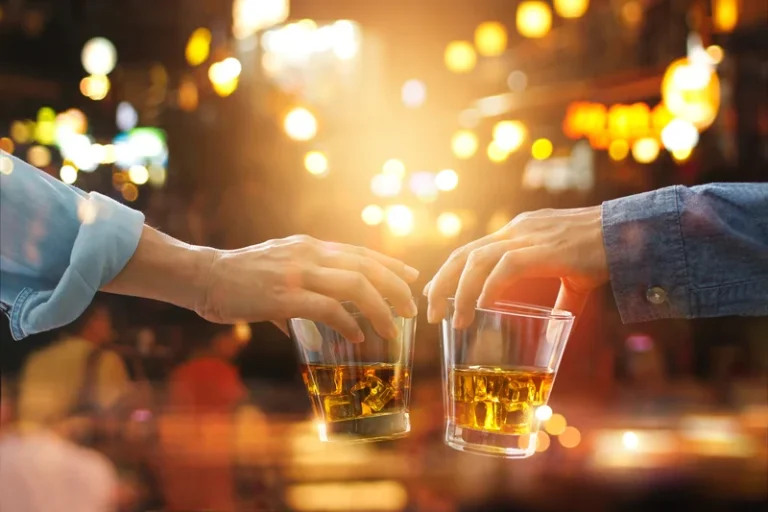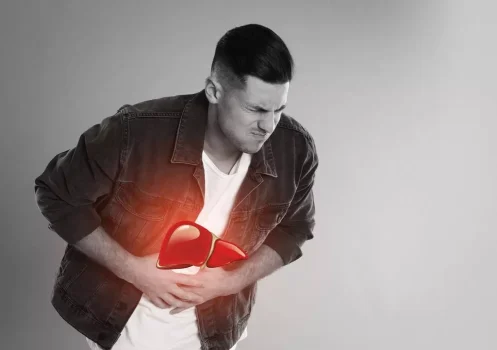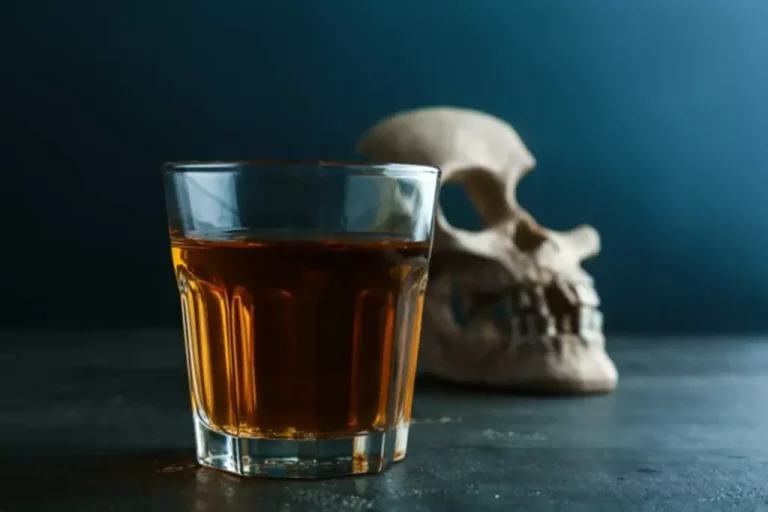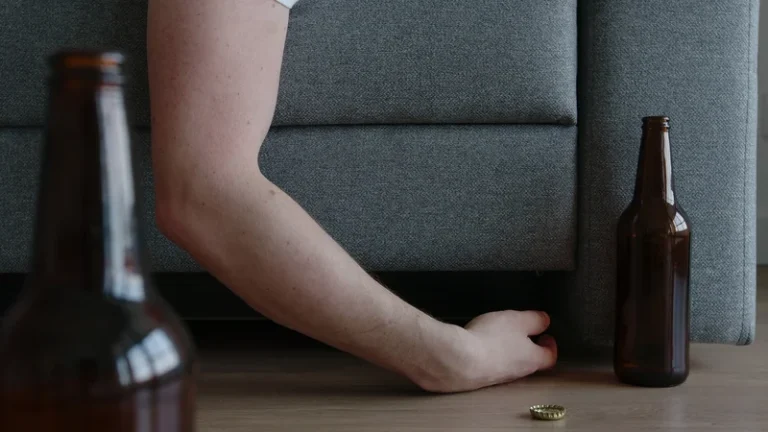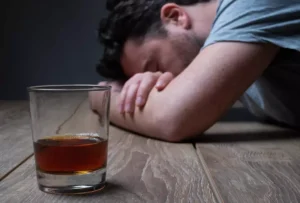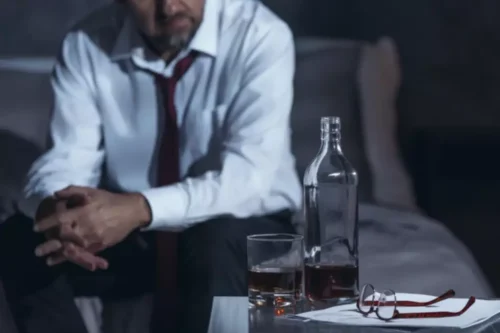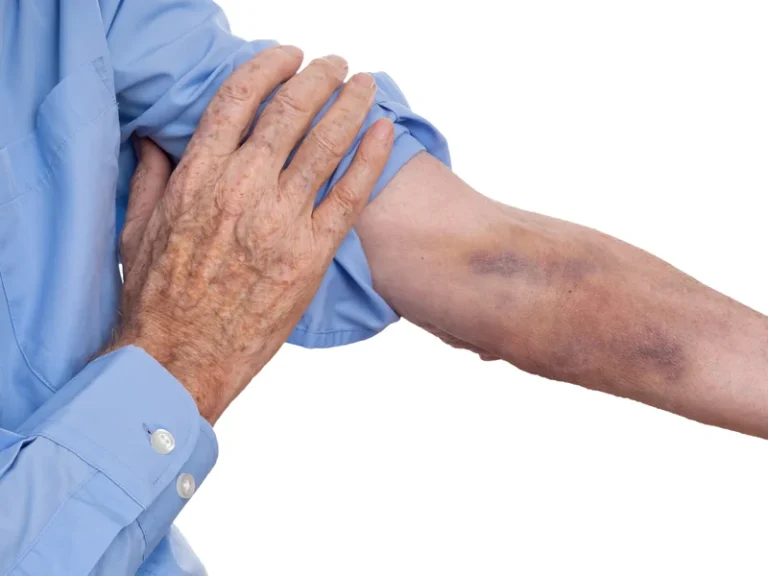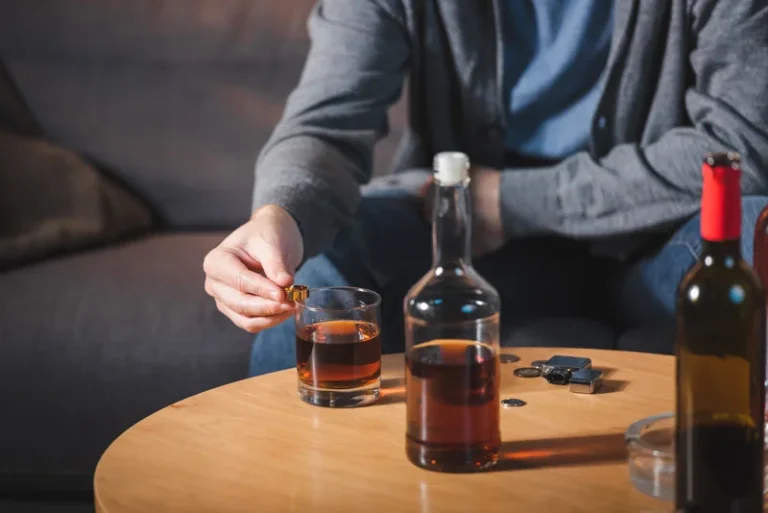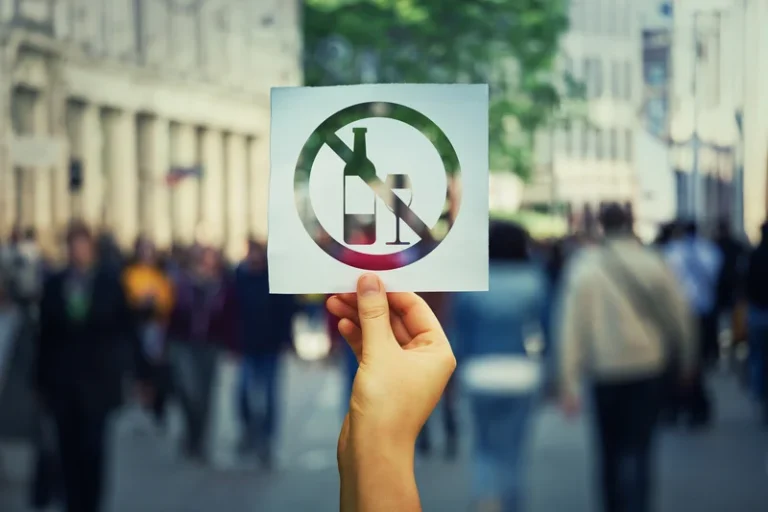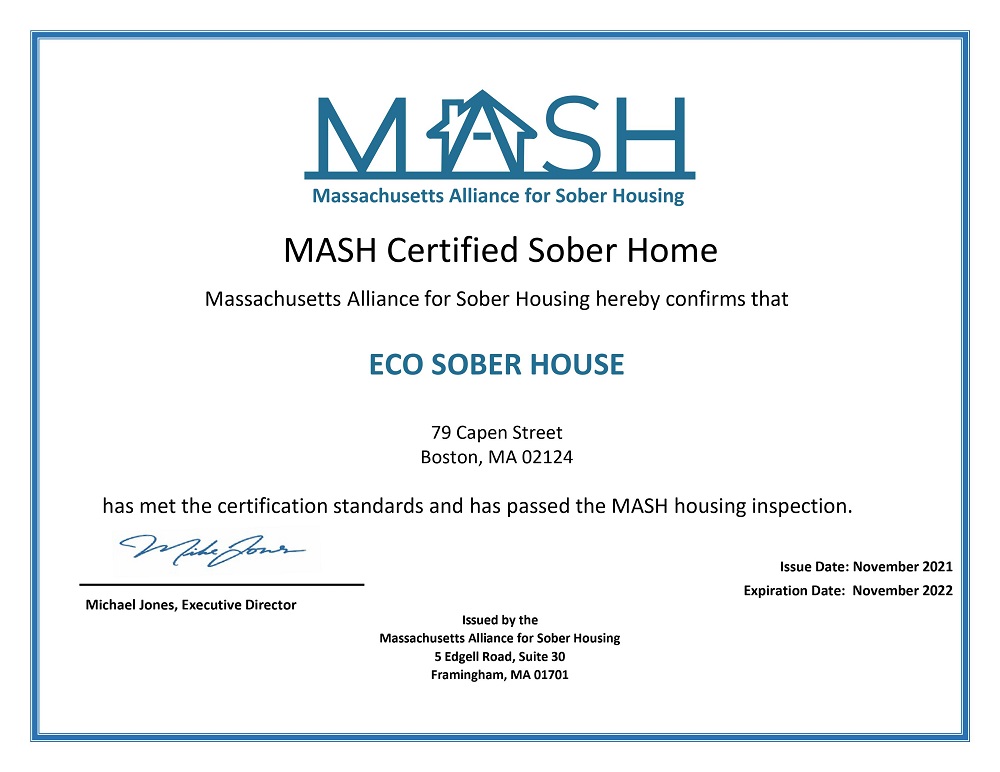If you would like to join our mailing list to automatically receive our publications by mail, fill out the form below or email your name and address to People’s success ultimately depends on their own belief in themselves and their future. We focus on what a person is doing “well,” with a nurturing effect that fosters continued effort from the first steps toward progress and growth.
Teams
Our goal is to create a safe, welcoming space for individuals from all backgrounds who are navigating addiction recovery. We established a nurturing community where every member finds belonging and plays an active role in shaping their journey toward recovery. The Jamaica Plain Recovery Center (JPRC) is a peer-led community center in partnership with Massachusetts Department of Public Health. Our specialized, short-term treatment programs are for individuals diagnosed with substance use disorder who have additional treatment needs. Addiction is a highly complex problem, and drug rehab in Massachusetts is often necessary to address it.
Granada House, Inc.
Granada House is a Boston-based nonprofit organization dedicated to helping individuals and families who are homeless and may have substance use disorders, often accompanied by chronic health issues like HIV/AIDS, Hepatitis C and mental illness. Providing a welcoming environment, our compassionate and inspiring team is committed to helping them regain their health and restore their hope through immediate access to safe and stable housing. When individuals and families are safely housed, they’re much more likely to address their physical and mental health, addictions, and other issues. Our housing stabilization services, including emergency shelter, transitional and permanent housing, and case management, move people off the street as quickly as possible, with as few barriers as possible. Our housing stabilization services, including emergency shelter, permanent housing, and case management, move people off the street as quickly as possible, with as few barriers as possible.
- For many, Granada House represents the last possibility for hope and the first chance for sustained success in their battles with addiction or illness.
- Granada House – New Victories works with several private insurance providers and also accepts private payments when possible, please contact to verify your specific insurance provider.
- Therapy is a pivotal part of effective substance abuse treatment, as it often covers root causes of addiction, including challenges faced by the patient in their social, family, and work/school life.
- Our team of more than 200 staff across 28 programs works with people to develop and execute creative, safe solutions to the very real challenges they face.
Clinical Services
- Established in 1975, this organization provides care for adults battling addiction as well as other life challenges like mental health disorders, homelessness and HIV/AIDS.
- We focus on what a person is doing “well,” with a nurturing effect that fosters continued effort from the first steps toward progress and growth.
- The individuals and families we serve are homeless or precariously housed —but their challenges are even more complicated.
- They understand the significance of whole person healing to sustain recovery.
We do not receive any commission or fee that is dependent upon which treatment provider a caller chooses. Reviews comments must comply with our Review Policy Content Standards. Please do not use names (job titles / positions are acceptable) of any individual or identifying features, abusive remarks, or allegations of negligence or criminal activity. Your browser is not supported for this experience.We recommend using Chrome, Firefox, Edge, or Safari. Learn more about our Residential Recovery and Short-Term Treatment programs.
Granada House also recognizes the benefits of hiring people with lived experience who can play an important role in bridging the gap between services and the people who use them. We are committed to providing opportunities for people with lived experience to develop the skills and experience they need to achieve their career goals. You can use savings or credit, get a personal loan, or receive help from family and friends to fund your treatment.
Low-Threshold Housing
In individual therapy, a patient meets one-on-one with a trained psychologist or counselor. Therapy is a pivotal part of effective substance abuse treatment, as it often covers root causes of addiction, including challenges faced by the patient in their social, family, and work/school life. Opioid rehabs specialize in supporting those recovering from opioid addiction. They treat those suffering from addiction to illegal opioids like heroin, as well as prescription drugs like oxycodone. These centers typically combine both physical as well as mental and emotional support to help stop addiction. Physical support often includes medical detox and subsequent medical support (including medication), and mental support includes in-depth therapy to address the underlying causes of addiction.
Residential Recovery Programs
This location is a men’s residential program with comprehensive services to help you sustain recovery. For many, Granada House represents the last possibility for hope and the first chance for sustained success in their battles with addiction or illness. It’s why the 46-year-old loves her job, working as a harm reduction specialist with individuals experiencing addiction, homelessness, and mental health issues in the area of Mass. and Cass in Boston.
Research clearly demonstrates that recovery is far more successful and sustainable when loved ones like family members participate in rehab and substance abuse treatment. Genetic factors may be at play when it comes to drug and alcohol addiction, as well as mental health issues. Family dynamics often play a critical role in addiction triggers, and if properly educated, family members can be a strong source of support when it comes to rehabilitation. Home to the oldest city park in the nation, Boston, Massachusetts, also features Granada House – New Victories. Established in 1975, this organization provides care for adults battling addiction as well as other life challenges like mental health disorders, homelessness and HIV/AIDS.
Levels of Care
These programs treat physical, mental, and relational issues that are involved. Treatment empowers individuals to manage these issues without the use of drugs. Join Granada House’ team of over 200 dedicated and compassionate employees who are committed to helping our community’s most vulnerable individuals and families. A client-driven service dedicated to supporting the needs of individuals living with HIV who need assistance accessing community resources. This program lasts from 90 days up to eight months, depending on your unique needs.
A combined mental health and substance abuse rehab has the staff and resources available to handle individuals with both mental health and substance abuse issues. It can be challenging to determine where a specific symptom stems from (a mental health issue or an issue related to substance abuse), so mental health and substance abuse professionals are helpful in detangling symptoms and keeping treatment on track. When folks are safely housed, they’re much more likely to address their health, addictions, and other issues. It’s a “housing first” approach that includes stabilization services, emergency shelter, transitional and permanent housing, housing search and advocacy, case management, and more. Military members, veterans, and eligible dependents have access to specific insurance programs that help them get the care they need.
Transitional housing is temporary housing for the working homeless population and is set up to transition their residents to permanent housing. We follow a low-barrier housing-first clinically driven approach to guide clients towards health and safety. Granada House – New Victories works with several private insurance providers and also accepts private payments when possible, please contact to verify your specific insurance provider. These benefits are adjusted based on full-time or part-time status, and vacation time increases with length of employment.
You’ll live among men from all walks of life and participate in proven therapeutic interventions. Group and individual counseling, case management and peer support are available. Don’t hesitate to apply if your work experience doesn’t align with every qualification in the job description.
This harm reduction program serves people experiencing homelessness in the Massachusetts Avenue and Melnea Cass Blvd. neighborhood. They provide various harm reduction services including overdose education, Naloxone distribution, HIV and STD services and syringe services. Last Granada House Review year, 5,252 people turn to Granada House for shelter, sustenance, recovery, care, and professional, compassionate support.
Our team of more than 200 staff across 28 programs works with people to develop and execute creative, safe solutions to the very real challenges they face. This new transitional housing program will provide a safe, LGBTQ+ affirming environment for young adults (ages 18-24) transitioning from homelessness. On the streets, at our Boston Living Center, and across programs, we work to prevent chronic conditions and overdoses. We provide HIV, Hepatitis C, and STI testing and counseling; a healthy meals program; syringe and naloxone distribution; and an array of education, navigation, and support services. The Jamaica Plain Recovery Center (JPRC) is a peer-led community center in partnership with Massachusetts Department of Public Health.
You’ll benefit from new self expression outlets to heal your mind, body and soul. At Granada House, we value your time, both at work and in your personal life, ensuring you have the resources and support you need to thrive. You’ll meet Rashawn, a man who found support and community in an unlikely place, and Brenda, one of our Supportive Case Managers who is a force to be reckoned with. You’ll learn more about the growth Granada House has experienced this past year. And you’ll hear from Executive Director Sarah Porter as she reflects on 50 years of Victory. Sharing your insights and experiences can help others learn more about this rehab center.
